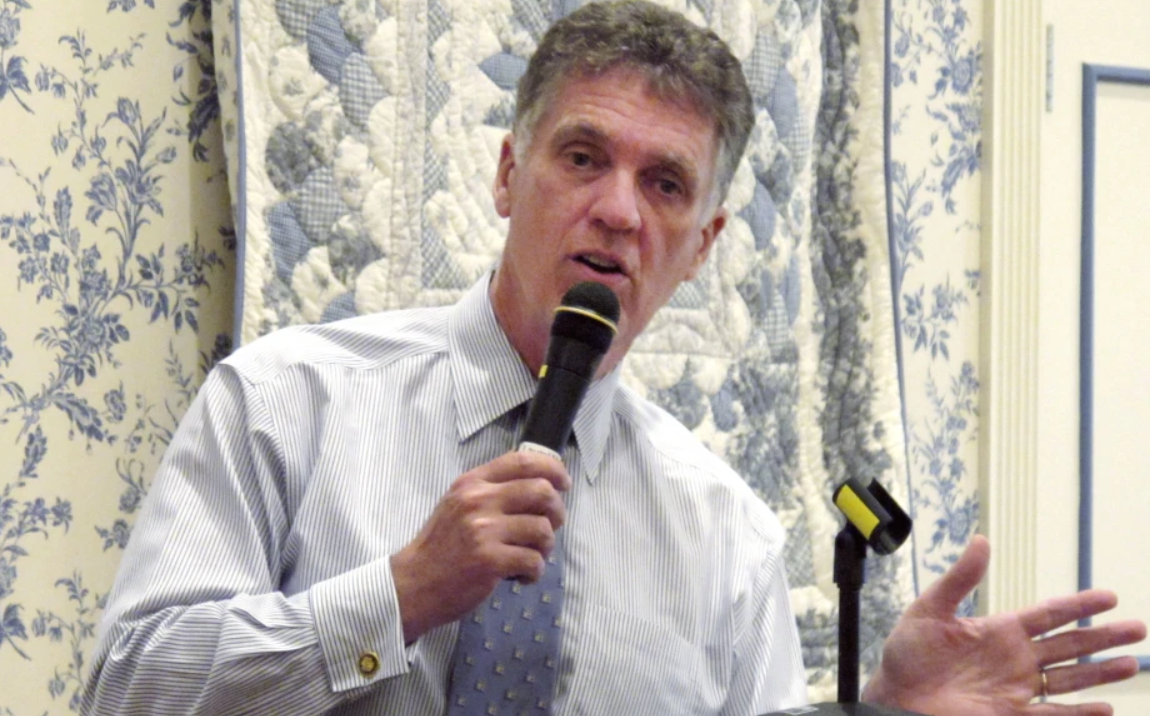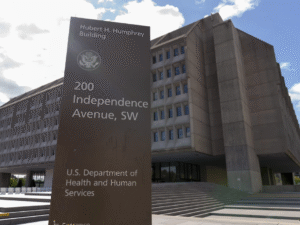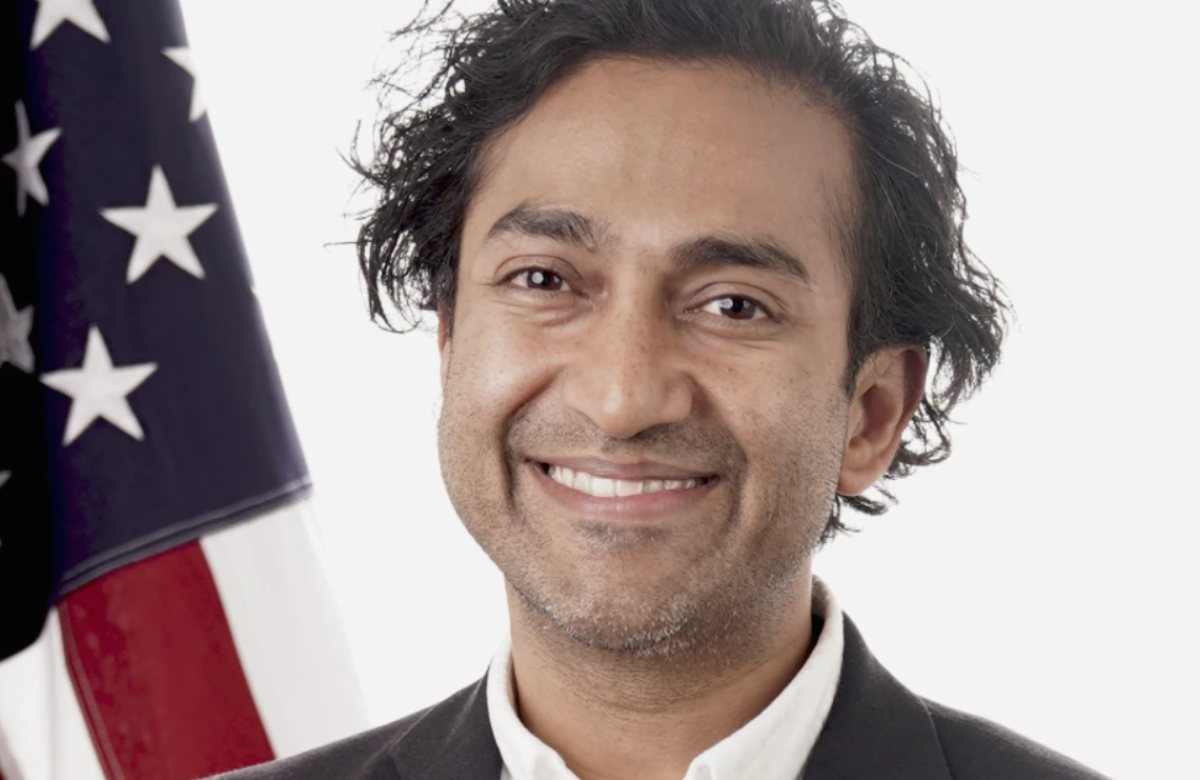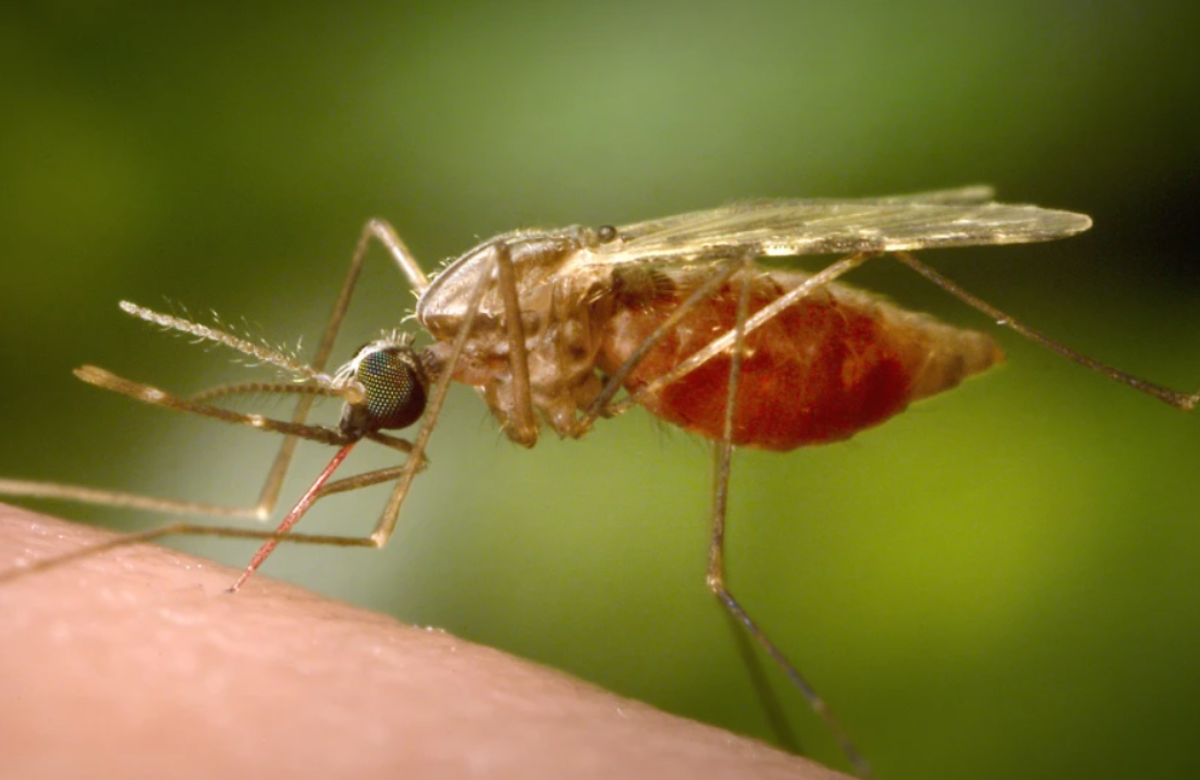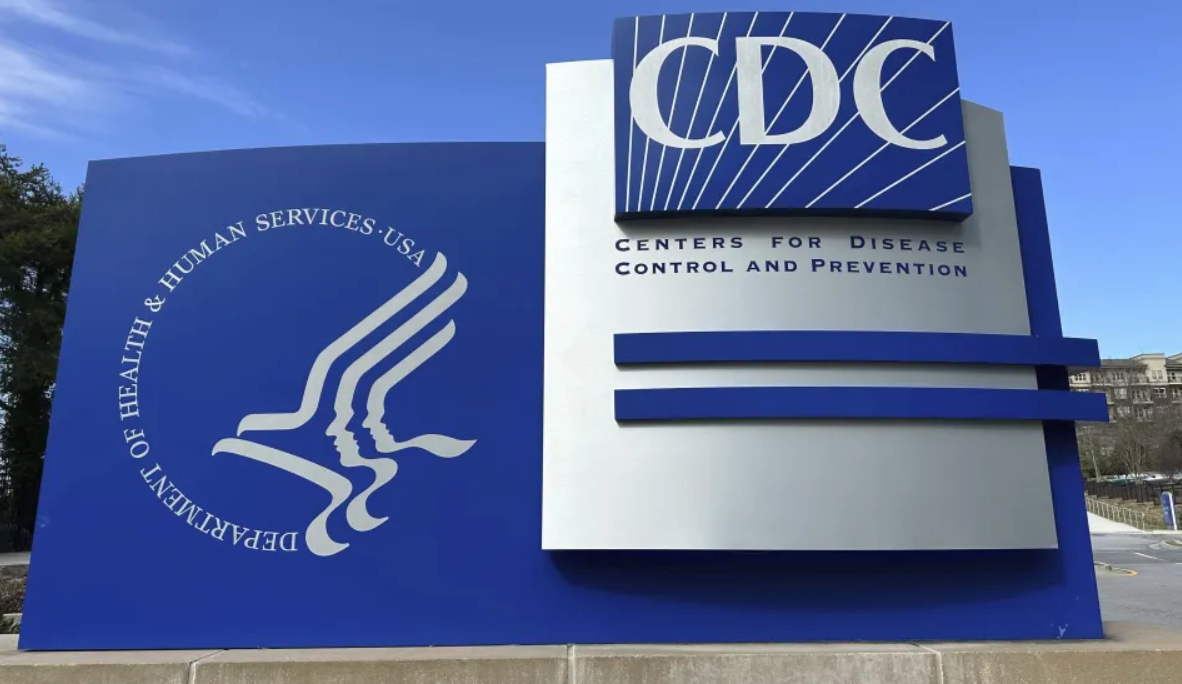The White House has withdrawn the nomination of Dr. David Weldon, a former Florida congressman, to lead the Centers for Disease Control and Prevention (CDC) after it became clear that he lacked sufficient support from Republicans in the Senate for confirmation.
The Senate health committee, which is controlled by Republicans, announced Thursday morning that it was canceling a scheduled hearing on Weldon’s nomination, just an hour before it was set to begin.
A source familiar with the situation, speaking anonymously, explained that the decision to pull the nomination was made because Weldon was unlikely to secure enough votes for confirmation.
Sen. Lisa Murkowski, a Republican from Alaska and a member of the committee, said she had expressed concerns about Weldon’s views on vaccines, both directly to him and to the White House. Other Republican Senators, such as Bill Cassidy and Susan Collins, have also raised concerns about the administration’s approach to vaccines but have not yet decided whether they would support or oppose Weldon’s confirmation.
Weldon was seen as closely aligned with Robert F. Kennedy Jr., the U.S. health secretary who has been a prominent anti-vaccine advocate for years.
Weldon, 71, is a veteran of the Army and a doctor specializing in internal medicine. He is best known for representing a central Florida district in Congress from 1995 to 2009.
He was a prominent figure in the Congressional push for autism research starting in the early 2000s. However, Weldon rejected studies that disproved any connection between childhood vaccines and autism, accusing the Centers for Disease Control and Prevention (CDC) of suppressing research that could potentially prove otherwise.
Senator Patty Murray, a member of the health committee, expressed serious concerns after meeting with Weldon.
“I was deeply disturbed to hear Dr. Weldon repeat debunked claims about vaccines,” the Washington Democrat said in a statement. “It’s dangerous to appoint someone to lead the CDC who believes the false claim that our rigorously tested childhood vaccine schedule is somehow exposing children to toxic levels of mercury or causing autism.”
The Centers for Disease Control and Prevention (CDC), based in Atlanta, operates with a core budget of $9.2 billion and is tasked with safeguarding Americans from outbreaks and other public health threats.
For years, the CDC was regarded as a global leader in disease control and a trusted source of health information, with some of the top experts in the field. However, the agency faced significant criticism during the COVID-19 pandemic, particularly for its handling of communications, mask guidance, and other aspects of the response.
This week, the chair of the Senate health committee and other Republican leaders announced the formation of a working group to explore potential legislative reforms for the CDC. The agency has also been impacted by the broader government-wide job-cutting initiative, driven by President Biden and his billionaire adviser, Elon Musk.
Weldon was set to be the first CDC director nominee to go through Senate confirmation, a requirement established by a law passed during the Biden administration. The previous 20 directors of the agency were all appointed without needing Senate approval.
Dr. David Weldon becomes the third nominee from the Trump administration who did not make it to a confirmation hearing. Earlier, former U.S. Rep. Matt Gaetz withdrew from consideration for attorney general, and Chad Chronister did the same for the Drug Enforcement Administration.
Since late January, Susan Monarez has served as the acting director of the CDC and is expected to continue in this role until a new director is confirmed.
Two other high-profile federal health nominees are on track for confirmation. On Thursday, the Senate health panel advanced Dr. Marty Makary’s nomination for the next commissioner of the Food and Drug Administration. Democratic Senators Maggie Hassan of New Hampshire and John Hickenlooper of Colorado joined Republicans in supporting the surgeon and researcher. The same committee also voted along party lines to advance Dr. Jay Bhattacharya’s nomination, a health economist and Stanford University professor, to lead the National Institutes of Health.
